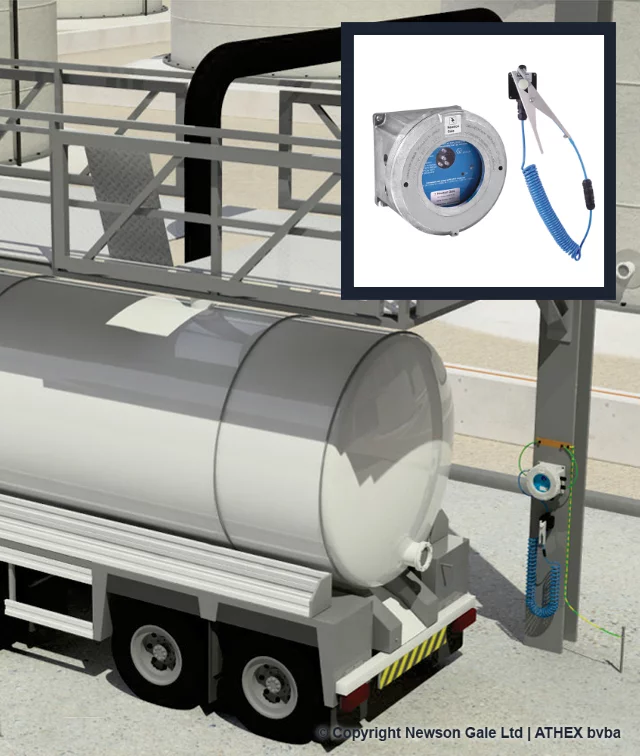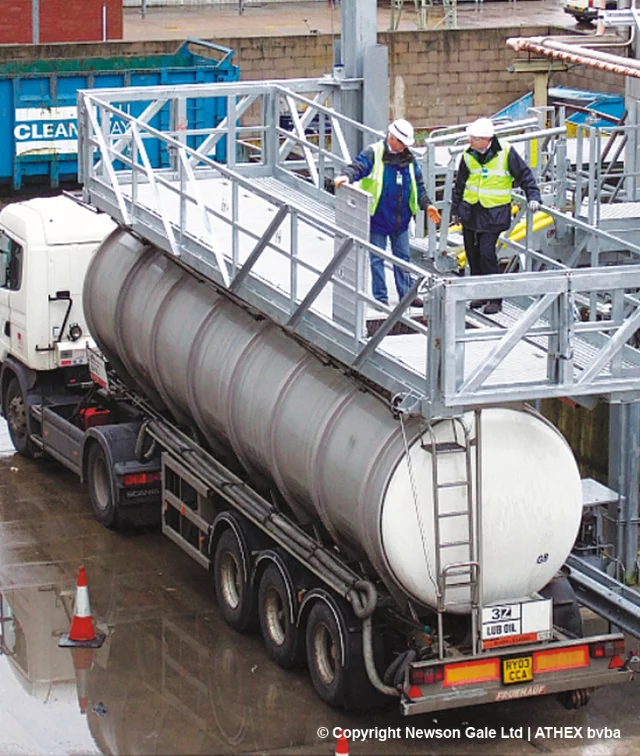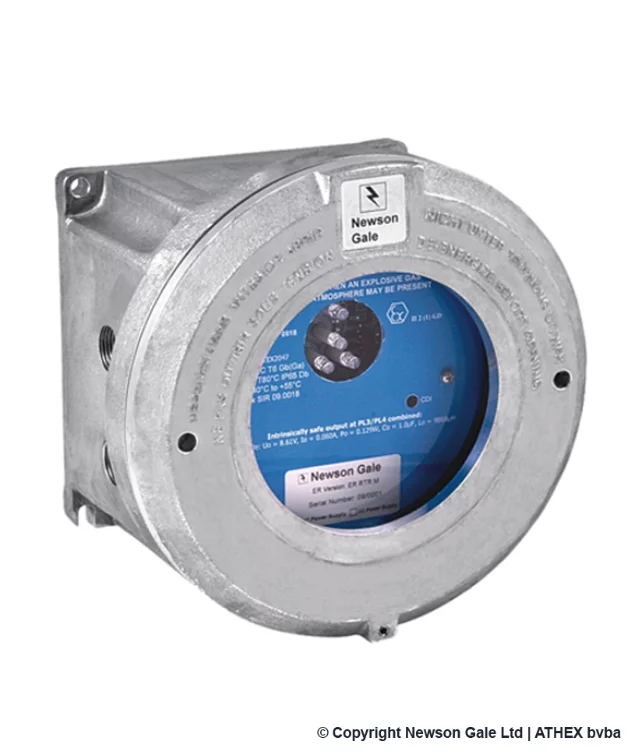Earth-Rite® RTR
Static earthing protection for road tankers and bulk trucks
DATASHEET [EN] Earth-Rite RTR
DATASHEET [FR] Earth-Rite RTR
DATASHEET [DE] Earth-Rite RTR
Description
The Earth-Rite® RTR utilises patented “Tri-Mode” technology to establish three key inputs that must be in place before the loading/unloading operation can commence.
MODE 1 |Road Tanker Recognition
In accordance with the recommendations of IEC 60079-32, the Earth-Rite® RTR determines if the grounding clamp is connected to a road tanker. This ensures the clamp is connected to the main body of the road tanker and cannot be bypassed by connecting the clamp to the loading gantry.
MODE 2 | Static Ground Verification
The Earth-Rite® RTR ensures that it has a connection to the general mass of the earth. This is a critical input as a connection to earth is the only means by which the static electricity can be transferred from the road tanker, preventing the accumulation of static electricity.
MODE 3 | Continuous Ground Loop Monitoring
In accordance with the key recommendations of IEC 60079-32 “Explosive atmospheres: electrostatic hazards, guidance” and NFPA 77 “Recommended Practice on Static Electricity”, the Earth-Rite® RTR ensures the resistance between the road tanker and the verified earthing point at the loading gantry never exceeds 10 ohms. The Earth-Rite® RTR achieves this by monitoring the resistance between the RTR clamp’s connection to the road tanker and the RTR’s connection to the verified grounding point for the duration of the transfer operation.
When the three key inputs are met, only then will the Earth-Rite® RTR go permissive and energise its pair of volt-free change-over contacts to engage the pump, or whatever equipment is interlocked with the system, to control the flow of product to or from the road tanker. Any static generated by the loading operation is transferred from the road tanker via the Earth-Rite RTR to earth, eliminating static electricity as a potential source of ignition.






